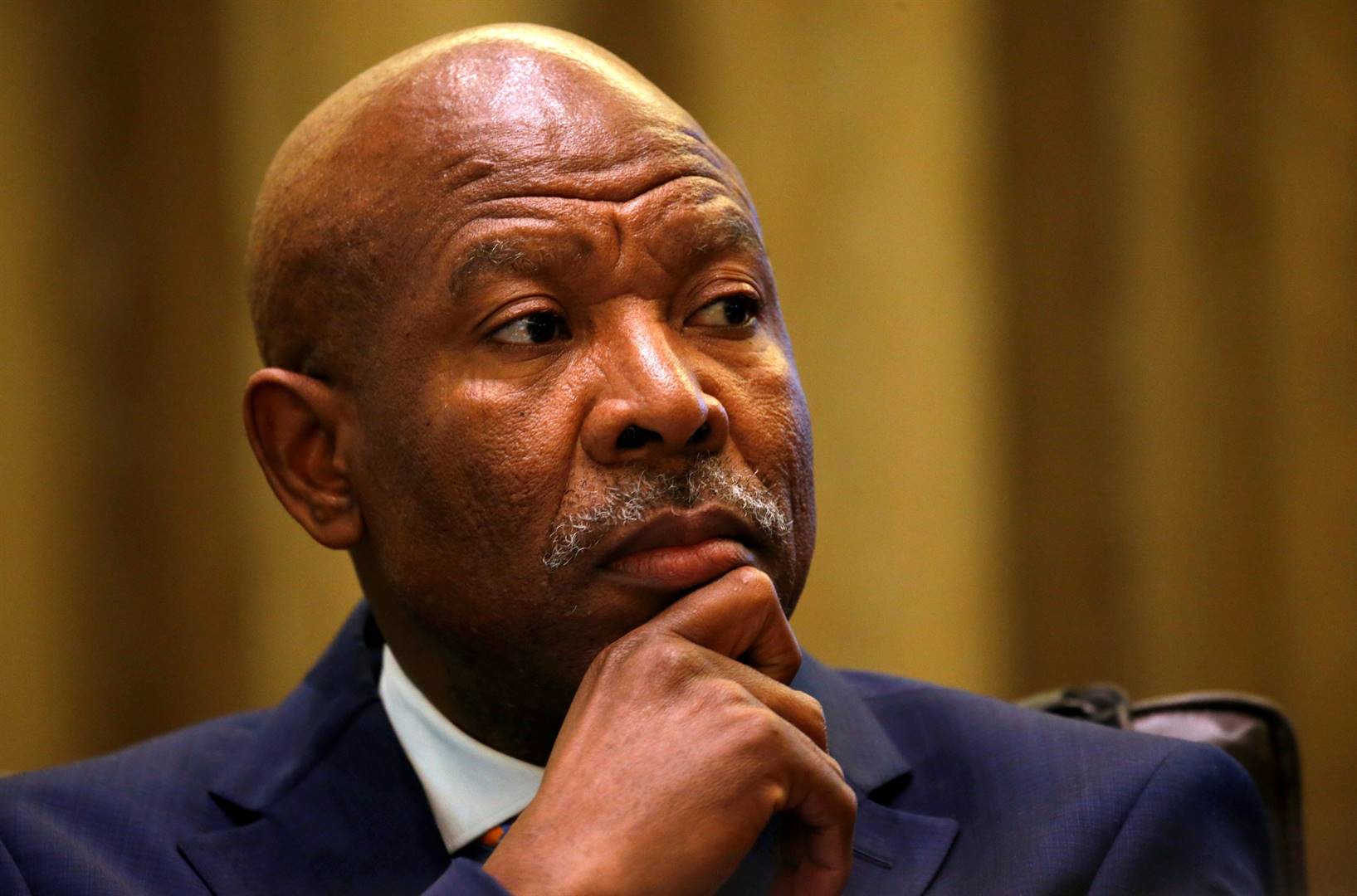
Reserve Bank governor Lesetja Kganyago has said that South Africa is back in a trap that it had escaped decades ago where interest rates have to rise because of too much borrowing, poor domestic savings and limited foreign investor appetite for the country’s assets.
He added that the alternative was an inflationary balance of payments problem, "which is plainly against the South African Reserve Bank’s mandate. This does not make the Reserve Bank popular, but facts are facts."
Delivering the 10th Michel Camdessus annual central banking lecture at the International Monetary Fund (IMF) headquarters in Washington DC on Tuesday, Kganyago alluded to South Africa’s misuse of capital flows to improve the country's macro-economic fundamentals in particular in the years after 2009.
He said:
Kganyago referred to the period before the 2008/09 financial crisis where the government then used capital flows as a cushion to reduce debt, improve living standards and grow the economy as the golden age of South Africa’s macro-economic policy.
But now following "domestic idiosyncrasies" that include the grey listing by the Financial Action Task Force, load shedding and political choices that have had an impact on the investment case for the country - which he said has weakened significantly since the "golden years" and the years that followed with state capture and the hollowing of state institutions - was rife in South Africa.
"The IMF’s projections have 2023 investment at 16% of GDP, far below the ratio needed for adequate growth. And yet even this level of investment is posing a serious funding challenge because the domestic savings rate is just 13% of GDP - the lowest level since at least 1980 and the investment case for external investors has weakened significantly. Growth is projected at a mere 0.1%.”
Domestic bond yields increased sharply from early February 2023, with the yield on 10-year South African government bonds reaching 12.06% on May 30, before staging a recovery in June. Analysts said the higher bond yields were a reflection of internal developments like higher interest rates, high consumer price inflation, and a sharp decline in the rand in May.
Analytics Kieran Siney, co-Head for Financial Markets at ETM, said that while SA bonds rallied in June, bond yields have risen sharply over the past two and a half years, reflecting a greater risk premium being priced in.
“The R186 yield has climbed by 260 basis points since the start of 2021. While fiscal and political dynamics have contributed to the sell-off in SA bonds over the past two years, much of the selling pressure has been a function of rising interest rates and the pullback in global dollar liquidity, which has seen global investors shy away from risky assets and become pickier when investing in emerging market assets."
READ: Reserve Bank warns about possible US sanctions and their impact
Siney said that the higher yields mirrored a negative sentiment toward Africa’s most developed economy following allegations that South Africa was providing weapons to Russia. Foreign investors sold R26.1 billion worth of their bonds in the first quarter of 2023.
"Foreign demand for SA government bonds has diminished in recent months, as reflected by the continued decline in foreign ownership of SA bonds. According to National Treasury data, the percentage of SA bonds owned by foreigners has fallen from almost 40% at the start of 2020 to around 25% currently. A number of factors have contributed to this, including the removal of SA from the World Bond Index and, more recently, the grey listing of SA,” he said.
When asked about the effects of the bond sell-off, National Treasaury said: "While the National Treasury remains on track to meet its borrowing requirement for the 2022/23 fiscal year, it is always a concern when adverse market conditions contribute to an increase in debt service costs. However, it is worth noting that tough market conditions for South African bonds is not unique to South Africa and is affecting many other emerging markets due to volatile global conditions."
Kganyago added that the composition of investment during the fifteen years since 2009 shifted markedly towards government debt, and away from private sector assets such as equities.
He projected that government and public corporations’ absorption of portfolio flows would rise to about 78% in the next decade from 16% in the economic boom of the 2000s.
"What we see is that South Africa moved away from a 'consenting adults' arrangement, where a stable fiscal position and a current account deficit were driven by private sector decisions, to a classic twin deficit situation."
Kganyago added:
The governor stated that going into the Covid-19 pandemic lockdowns the country had zero fiscal buffers, and monetary policy had to step in, a stark difference from 2008.
"It was clear we couldn’t do fiscal support, fortunately we had monetary buffers and monetary policy could be unleashed to cushion the shock on the economy."
He stated that the notion that fiscal consolidation hurt growth and was self-defeating and that government debt were safer than previously thought have justified sustained fiscal slippage in South Africa.
READ: Ann Bernstein | Restoring confidence in South Africa is the key to growth
IMF Managing Director Kristalina Georgieva said foreign exchange interventions and capital flow management should not be substitute for sound macro-economic policies.
"The most important lesson we learned during the Covid-19 pandemic is that countries with strong fundamentals survived the impact of the crisis better. We need sound fundamentals and that cannot be substituted by any other combinations of measures."
Siney echoed the view that South Africa was in a fiscally fragile position despite an acceleration in revenue growth because expenditure growth also remained elevated.
"Going forward, as the economic reality of tighter monetary conditions, the effects of load shedding and other infrastructural failings set in in SA, the government's budget position looks set to worsen, which will keep the fiscal premium demanded by investors for holding SA government bonds elevated."




 Publications
Publications
 Partners
Partners









